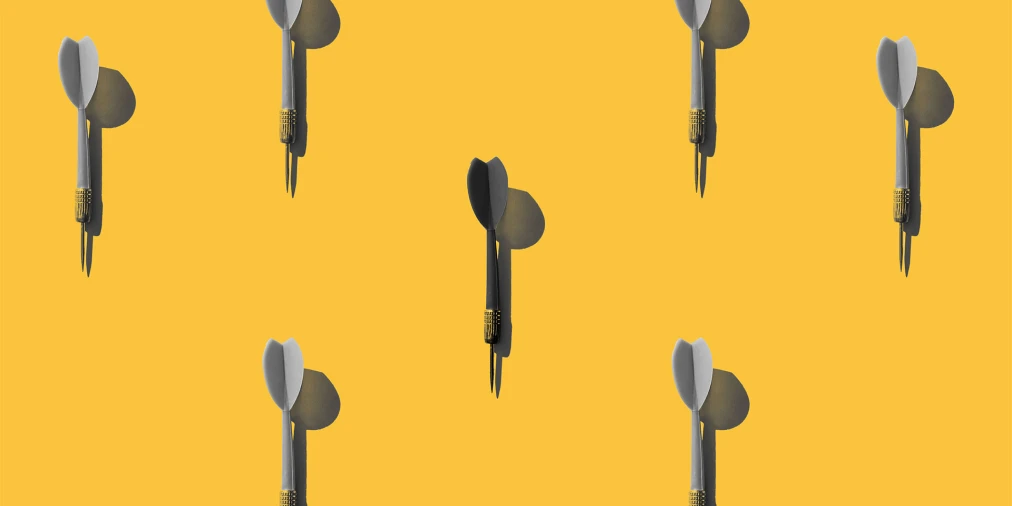In the 1980s, everyone though that having a USP was everything and if they couldn't find one, their brand would die. That kinda made sense. After all, this was a time when there were only a handful of products available to consumers in any given category. So "owning" something unique must be essential, right? But things have moved on. In the modern global marketplace, there are hundreds if not thousands of competing alternatives...
So first problem with the concept of a USP starts with the very first word. Let's be brutally honest here. There's almost nothing unique out there in business (which is partly because there are so many businesses.) In the UK, there are about 2,500 new startups launched every single day. So what’s the secret sauce, and how on earth are you going to sell anything without a USP?
Just enough difference to win
The most important person to consider in this equation is the customer. Faced with a list of similar brands, 90% of them will consider only two. Since you're unlikely to find a unique product benefit - you have to make your brand come to mind first, so that you're in the top two.
To do this, people need to think you're different enough to the other brands. Note, this is very different to being completely unique. And it's also a lot less pressure too. So rather than thinking about what makes you unique, think about what you do more of? What are you best at? What is nobody talking about that you could be your "thing"? The trick is to identify the key message that will make people remember your brand and stick to that. For customers, having to think about stuff too hard when they're hovering over the buy button is a heck of a mood killer.
We call this having just enough difference to win. You only need to be a more credible option on one brand dimension to win. For example, Volvo make cars (which is very general), but their thing is safety, (which is very specific.)
The one with the focussed brand
A game we like to play with clients to show them what we mean by this is to ask what their brand would be if it was a Friends episode. Friends episodes are simple and to the point. "The One with the Sharks." "The One with the Cake." And of course "The Last One." The hook is so clear, it makes you want to watch. And it's that same focussed hook that we want for your brand too.
Imagine you're a peanut butter brand. You might be organic. Maybe you don't use palm oil, which enriches your sustainability credentials. Or perhaps you do all that while keeping your product down to the lowest possible price. These are all awesome things, and we all love a long list of reasons to buy our brand. But a customer has very little interest or attention to spare when they're perusing the hypothetical peanut butter aisle. They won't see unique and distinct brands, they'll see 10 different versions of the same thing.
Ironically, this weakness makes a strong brand far more important. Where brands can win is by realising that you can't be all things to all people. Like Friends, we have to pick a lane and stick to it. Don't be "the organic, sustainable and low price one." Be like a Friends episode. Be "the no-palm oil one." Or "the cost effective one."
Stick to your gun
Once you've decided on what your "thing" is going to be, stick to it. If you focus on that thing for longer and with more creativity and imagination than anyone else, you will get ahead. This does mean learning not to pull the trigger on needless changes. Far better in the time of low attention spans to make sure you're set well apart from the competition. Rather than aiming for uniqueness - get noticed. Be more of something, or be better at something - and make that point over and over for years.
We've all been there. We just add that little extra message because it "won't harm." From a creative standpoint, that might actually be true. What's the problem with having a main message, a sub message, links to the socials and the website? But the reality is people have very little attention to spare for us, as Kantar found out a few years back. Their study confirmed that one message has much more impact than 2, 3, 4 or more. The consensus is that to communicate a brand message or product benefit, we have to keep it simple and stick to a single message.
So next time you're putting together a little something, think to yourself. "What does your target customer want?" And "what's your Friends episode?" What can you say to them that will make them remember you? Find that thing. Then double down on it and leave everything else out.




